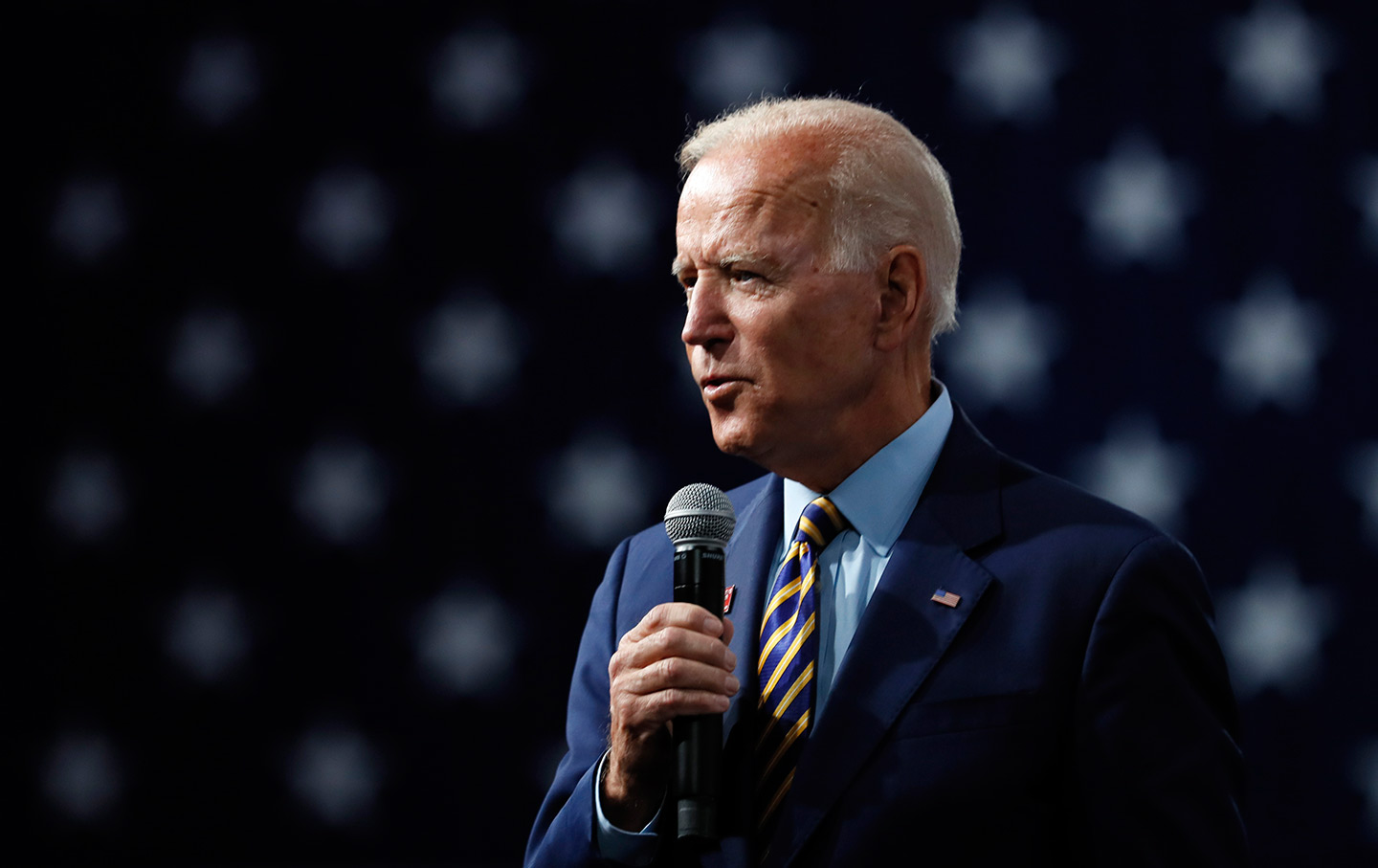A government watchdog group has filed a complaint with the Biden administration over its use of a dataset frequently used to push its climate agenda.
Protect the Public’s Trust (PPT) filed the complaint with the Commerce Department over the National Oceanic and Atmospheric Administration’s (NOAA) “Billions Project” dataset, which purports to keep track of natural [and climate] disasters that have caused at least $1 billion in damages going back to 1980. The billion-dollar disasters (BDD) data — cited frequently by the Biden administration to insinuate that climate change is intensifying and justify sweeping green policies — is based on opaque data derived from questionable accounting practices, PPT alleges in the complaint.
“American families and businesses continue to struggle with persistently high inflation, which many attribute in large part to the energy policies and government spending of the current administration. The idea that blatant violations of scientific integrity could be underlying the rationale for these policies should concern every American,” Michael Chamberlain, PPT’s director, told the Daily Caller News Foundation. “Unfortunately, this is far from an isolated incident. The Biden Administration came into office pledging that its decision making would be grounded in the highest-quality science, but all too often has failed to live up to those promises.”
The complaint was filed with the Commerce Department, as NOAA operates under its auspices, Chamberlain told the DCNF.
PPT’s complaint alleges that NOAA does not adequately disclose its sources and methods for compiling the BDD dataset, adds and removes BDD events from the dataset without providing its rationale for doing so and produces cost estimates that are sometimes significantly different than those generated by more conventional accounting procedures.
While NOAA states that it develops its BDD data from more than a dozen sources, the agency does not disclose those sources for specific events or show how it calculates loss estimates from those sources, PPT’s complaint alleges.
The complaint further alleges that NOAA’s accounting methods are opaque and “produce suspect results.”
For example, when Hurric ane Idalia took aim at Florida in 2023, NOAA initially projected that the storm would cause about $2.5 billion worth of damages before insured losses ultimately came in at about $310 million, according to PPT’s complaint, which cites the Florida Office of Insurance Regulation
for that figure. Nevertheless, NOAA subsequently marked up its estimate for how much damage the storm caused to $3.5 billion, a discrepancy for which NOAA provided no explanation, PPT alleges in its complaint.
NOAA researchers have disclosed in the past that the agency considers factors such as functions pertaining to livestock feeding costs — in addition to more conventional types of damages — in their cost calculations.
Further, the complaint alleges that BDD events are quietly added and removed from the dataset without explanation, citing Roger Pielke Jr., a former academic who believes climate change to be a real threat but opposes politicized science. In a forthcoming paper analyzing the merits of BDD statistics, Pielke compared the dataset in late 2022 to the dataset in the middle of 2023 and found that ten new BDD events were added to the list and 3 were subtracted without explanation.
Apart from the issues with methodology alleged by PPT in its complaint, the use of BDD events as a proxy for climate change’s intensity is inherently misleading because economic data does not reflect changes in meteorological conditions, as Pielke has previously explained to the DCNF.
For example, increasing concentrations of assets, especially in coastal areas, can confound the usefulness of BDD events as an indicator for the intensity of climate change, as Energy and Environment Legal Institute Senior Policy Fellow Steve Milloy has previously explained to the DCNF. Hypothetically, the same exact hurricane could hit the same exact place, decades apart, with vastly different damage totals; this would be the case because there are simply more assets sitting in the way of the storm, not because the storm was any more violent due to worsening climate change.
NOAA has acknowledged this limitation of the dataset in prior communications with the DCNF.
Additionally, NOAA will add disasters to the list retrospectively because it adjusts for inflation, meaning that a hurricane that caused $800 million in damages in 1980 dollars would be added to the list because the damages exceed $1 billion when adjusted for inflation, for example.
The Biden administration has frequently cited the BDD dataset to substantiate its massive climate agenda.
For example, Deputy Energy Secretary David Turk cited the dataset in written testimony submitted to lawmakers in February explaining the White House’s decision to pause new approvals for liquefied natural gas export terminals.
The BDD statistics are also referenced Fifth National Climate Assessment (NCA5), the Biden administration’s landmark climate report that is intended to provide the most sound scientific basis for lawmakers and officials to craft climate policy.
NOAA asserted that the increasing frequency of BDD events is a sign of intensifying climate change in a January press release and blog post summarizing 2023, and then defended the use of the dataset in subsequent communications with the DCNF.
“Sensational climate claims made without proper scientific basis and spread by government officials threaten the public’s trust in its scientific officials and undermines the government’s mission of stewarding the environment,” PPT’s complaint states. “It also poses the danger of policymakers basing consequential government policy on unscientific claims unsupported by evidence.”


You must be logged in to post a comment Login